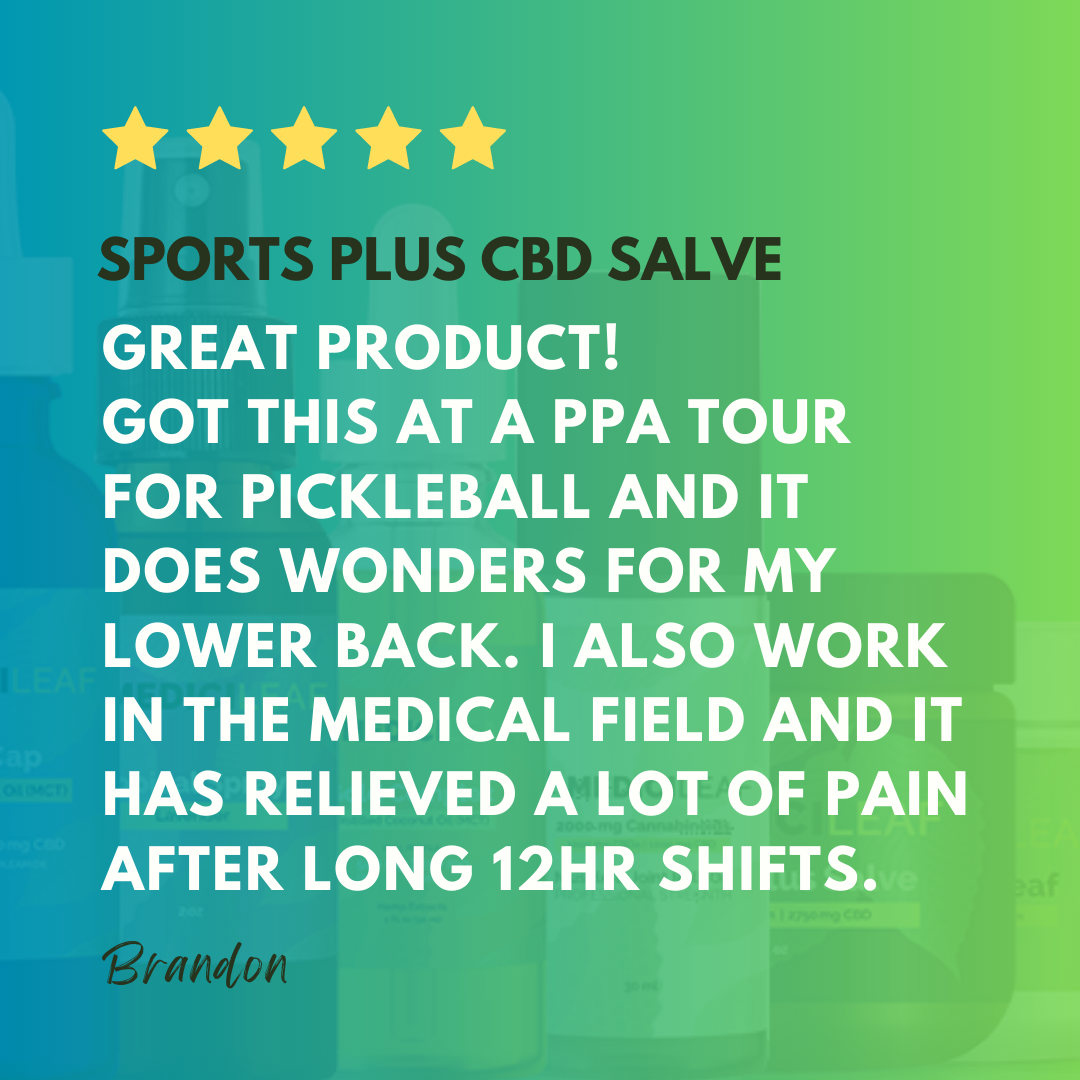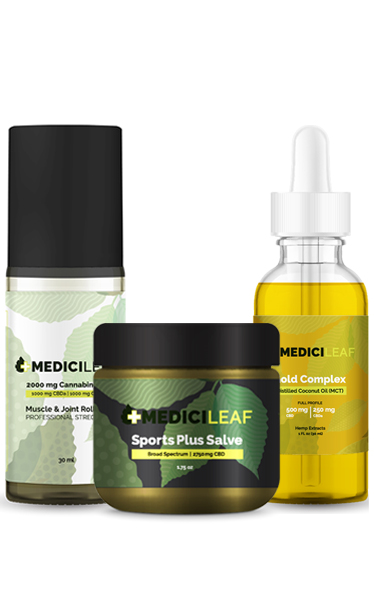How to Recover Sore Muscles Faster: Tips and Tricks
10 months ago
We’ve all been there—waking up after an intense workout with muscles that feel like they’ve been through a battlefield. Delayed onset muscle soreness (DOMS) is a familiar sensation for anyone who’s pushed their physical limits. But fear not! You don’t have to endure days of discomfort. Here are some science-backed strategies to help you recover from sore muscles faster.
1. Protein Power: Fuel for Repair
Protein is your muscles’ best friend when it comes to recovery. After a workout, your muscles need amino acids from protein to repair and grow stronger. Aim for a mix of protein sources, including lean meats, fish, dairy, and plant-based options like beans and tofu.
Fact: Research suggests that consuming protein within two hours post-workout can enhance muscle recovery.
2. Stay Hydrated: H2O for Healing
Dehydration can exacerbate muscle soreness. Water is crucial for flushing out waste products produced during exercise. So, keep a water bottle handy and sip throughout the day. Electrolyte-rich drinks can also be beneficial, especially after intense workouts.
Stat: A study in the Journal of Athletic Training found that dehydration can increase the risk of muscle cramps and strains.
3. CBD for Recovery: Nature’s Anti-Inflammatory
CBD (cannabidiol) has gained popularity for its potential to reduce inflammation and relieve muscle soreness. It interacts with your body’s endocannabinoid system, which plays a role in regulating pain and inflammation.
Data: A study published in the European Journal of Pain reported that CBD effectively reduced pain and improved sleep in people with chronic pain conditions.
4. Rest and Sleep: Let Your Muscles Heal
Rest is often underestimated but plays a pivotal role in muscle recovery. When you rest, your body releases growth hormones that repair and build muscle tissue. Adequate sleep is equally crucial, as it promotes muscle recovery and overall well-being.
Tip: Aim for 7-9 hours of quality sleep per night for optimal recovery.
5. Stretch It Out: Embrace Flexibility
Stretching exercises, like yoga or simple post-workout stretches, can ease muscle tension and improve flexibility. Stretching increases blood flow to your muscles, helping them recover faster.
Fun Fact: Regular stretching can improve circulation, which aids in the removal of metabolic waste from your muscles.
6. Nutrition Matters: Balanced Diet for Healing
Incorporate foods rich in vitamins and minerals like vitamin C, vitamin E, and zinc into your diet. These nutrients have antioxidant properties that can assist in reducing muscle damage and inflammation.
Numbers Game: Antioxidants, like vitamin C and E, help counteract the oxidative stress that can occur during intense exercise.
7. Ice and Heat: Alternating Therapy
Ice and heat therapy can be your sore muscles’ best friends. Apply ice packs in the first 24-72 hours to reduce inflammation. Afterward, switch to heat pads to relax tense muscles and enhance blood flow.
Scientific Backing: A study in the Journal of Athletic Training found that contrast therapy (alternating between ice and heat) can help reduce muscle soreness.
8. Massage Magic: Loosen Those Knots
A massage isn’t just a luxurious treat; it can be a valuable part of your recovery routine. Massages increase blood circulation and reduce muscle tightness, helping you bounce back quicker.
Research: According to a study in the Journal of Sports Science & Medicine, massages can alleviate muscle soreness and improve range of motion.
9. Compression Gear: Supportive Comfort
Compression garments like sleeves, socks, or shirts can help reduce swelling and muscle soreness. They provide gentle pressure to improve blood flow and reduce muscle vibration during exercise.
Statistics: A review in the Journal of Sports Science & Medicine reported that compression garments are effective in reducing muscle soreness after exercise.
10. Gradual Progress: Avoid Overtraining
Pushing your limits is admirable, but overtraining can lead to prolonged muscle soreness and even injury. Listen to your body, and allow it to adapt gradually to new exercises or intensity levels.
Food for Thought: A study in the International Journal of Sports Physiology and Performance highlights the importance of proper training progression to prevent overuse injuries.
Conclusion: Your Guide on How to Recover Sore Muscles Faster
Sore muscles don’t have to slow you down. By incorporating these strategies into your post-workout routine, you can accelerate the recovery process, reduce muscle soreness, and get back to pursuing your fitness goals. Remember, a balanced approach that includes rest, nutrition, and even CBD can make all the difference in achieving a speedy recovery.
Don’t let muscle soreness hold you back; let it be a sign of progress on your journey to a stronger, fitter you!
Sources:
- Journal of Athletic Training
- European Journal of Pain
- Journal of Sports Science & Medicine



